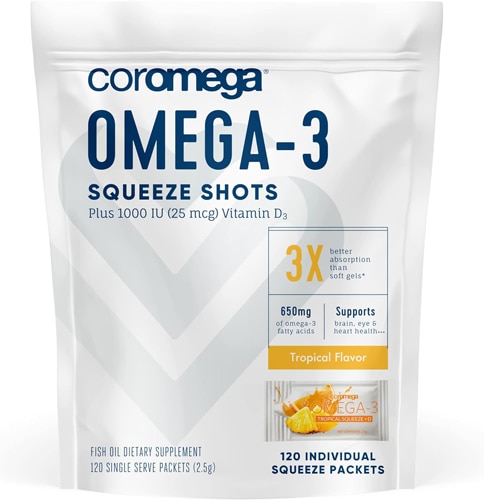For many of us, food serves many functions beyond hunger relief. It’s soothing, satisfying and oh-so-distracting. It blurs our ability to perceive the difference between hunger and heart hunger—what we really want when we are in a craving. Our cravings are particularly susceptible to stress. When stress enters the already murky territory of appetite, stress eating can result. The combination of stress, the hormones it releases and effects of high-fat, sugary comfort foods on the brain creates a vicious cycle of overeating.
According to Harvard Health publications, “Researchers have linked weight gain to stress, and according to an American Psychological Association survey, about one-fourth of Americans rate their stress level as 8 or more on a 10-point scale.”
Although stress can shut down appetite, it’s a short-term response. In fight or flight mode, eating is put on hold. But when stress lingers, the adrenal glands release a hormone called cortisol, which increases appetite and pushes you to crave fatty, sugary foods. Because stress is so pervasive a pattern, it leaves a residual overlay on our nervous system. In some cases, once a stressful episode is over, cortisol levels return to normal. But in many people, if stress is chronic — or if a person’s stress response gets stuck in the “on” position — cortisol levels may stay elevated. To cope, our adrenals work overtime and get severely taxed as they make a permanent adaptation to a new, hyper level of cortisol production.
Fat- and sugar-filled foods do work as a stress buster—up to a point. They trigger the rapid release of serotonin, the mood-elevating "happy hormone.” This feedback effect inhibits the brains ability to produce stress—hence the term comfort food.
But the problem with simple carbs is there’s no such thing as a free snack. Mindless stress snacking on simple carbs sets off invisible havoc in the body. The physiological chain reaction that ensues causes adrenal burnout, suppresses the immune system for hours after intake and typically ends with a major sugar crash.
Here are some tips for breaking the stress snacking feedback loop:
Disarm a snack attack
Defusing a snack attack can be as simple as asking, Am I really hungry? If you’re craving something that’s not actually food—comfort, recognition, satisfaction—food will never remedy that longing. Tune into your hunger level and what you are hungry for. Imagine 1 is famished and 10 is full, and aim to eat at a 4, when your stomach feels fairly empty but not rumbling with hunger pangs. To prevent overeating, eat before you feel signals such as irritability, light-headedness or headaches. If you discover you are not hungry, you can lower your cortisol without calories. Instead, clean a drawer, call a friend or take a walk around the block. Change up your routine and your brain will create new pathways for coping with stress.
Opt for complex carbs
All carbs signal the brain to produce more serotonin. Complex carbohydrates, however, because they digest more slowly, are better at keeping blood sugar levels stable. Whole grains and whole-grain treats are a better bet than refined flours, grains and sugar.
Crunch time
Sometimes you just want to munchabuncha. Crunchy raw veggies such as baby carrots, celery and radishes are great stress reducers—the crunching releases tension stored in the jaw without adding too many unwanted calories.
Choose your fats well
The right kind of fat, such as foods high in omega-3 fatty acids—nuts and seeds, fish and fish oils—help regulate surges in stress hormones. Omega-3s also exert a protective effect against mood disorders and play a crucial role in brain function, allowing you to better handle stress.
In the long run, a diet filled with less processed, more wholesome foods is one of your best defenses for counteracting the pervasive stress that prevails in most of our lives.




